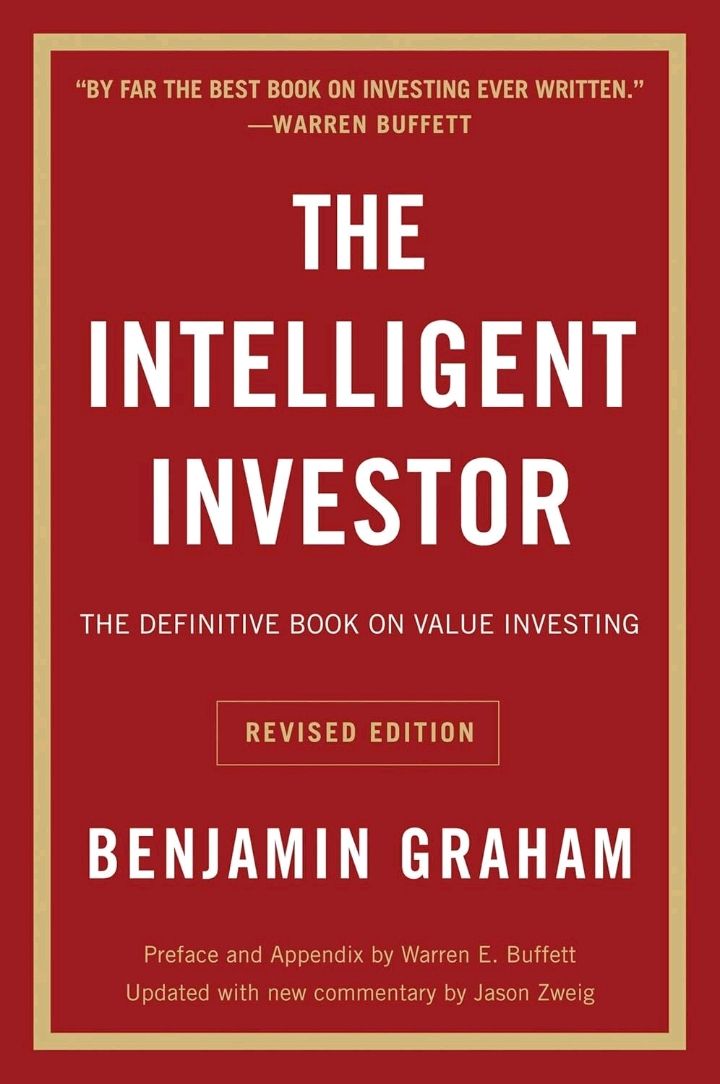Rational analysis is overshadowed by emotional impulses during financial bubbles from "summary" of A Short History of Financial Euphoria by John Kenneth Galbraith
In the heady moments of a financial bubble, rational analysis often takes a back seat to emotional impulses. Investors get caught up in the frenzy of rising prices and the promise of quick profits, leading them to make decisions based more on excitement and greed than on careful consideration of the facts. As John Kenneth Galbraith explains in 'A Short History of Financial Euphoria,' this shift from rationality to emotion is a common feature of speculative manias. During a bubble, the prevailing sentiment among investors is one of euphoria and optimism. People believe that they have discovered a foolproof way to make money and that the good times will never end. In this atmosphere, anyone who questions the wisdom of the crowd is dismissed as a pessimist or a spoilsport. Rational analysis, with its emphasis on prudence and risk management, is seen as out of touch with the prevailing mood of exuberance. The main driving force behind this shift in mindset is t...Similar Posts

Don't rely solely on stock tips or market forecasts
It is a common temptation for investors to seek out stock tips or market forecasts in the hopes of gaining an edge in the marke...
Develop a strong risk management system
The key to successful investing lies in understanding and managing risk. You must develop a robust risk management system that ...

Longterm economic trends can help predict market cycles
Long-term economic trends play a crucial role in shaping market cycles. By examining historical data and analyzing patterns tha...
Cognitive dissonance influences financial behavior
When we make financial decisions, we often encounter conflicting thoughts and emotions. This internal conflict is known as cogn...
Market crashes offer opportunities for learning and adaptation
Market crashes should not be viewed solely as negative events with disastrous consequences. Instead, they can also be seen as o...

Psychology influences investment choices
Investors' choices are not always driven by rational analysis or careful consideration of data. In fact, human psychology plays...
Regulators struggle to contain the excesses of financial euphoria
Regulators are those who are expected to maintain the stability of the financial system. They are tasked with ensuring that the...
Regret aversion affects decisionmaking processes
Regret aversion is a common bias that affects decision-making processes. This bias stems from the fear of making a decision tha...
